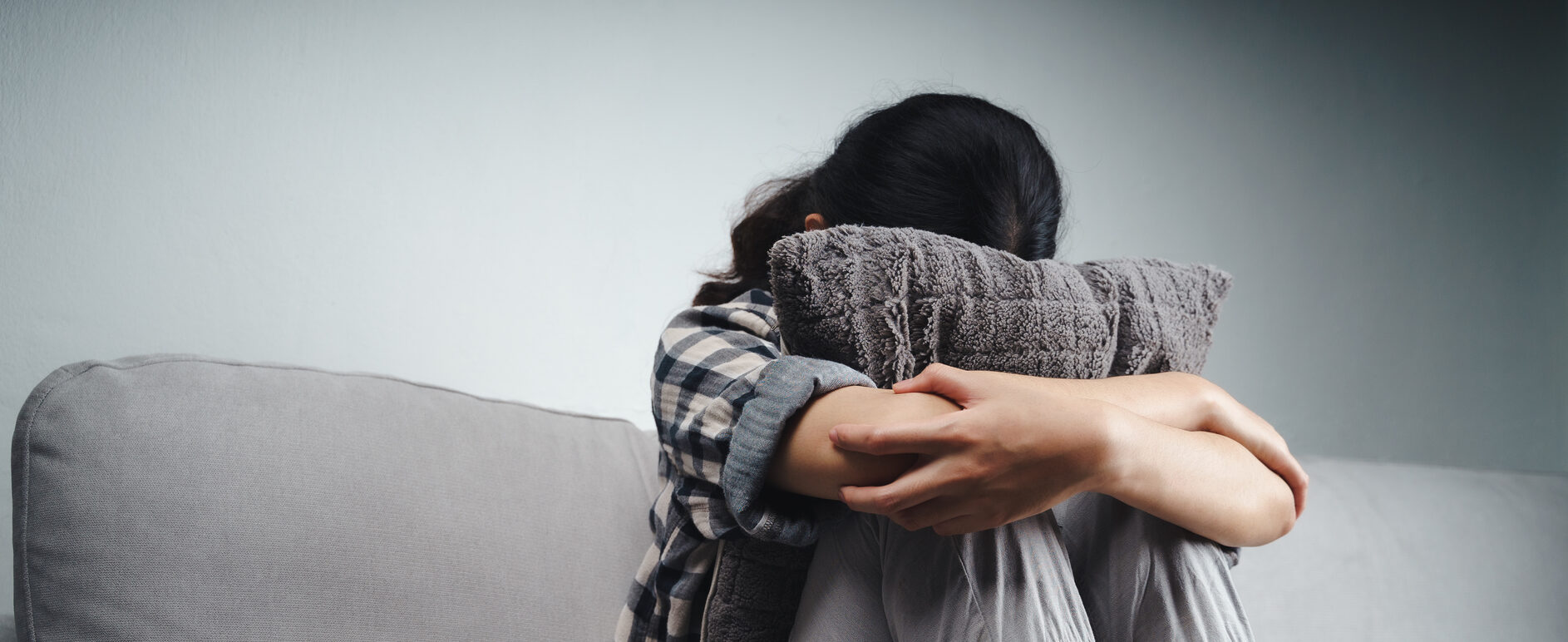by Vincent Chao , May 2022
We conducted a study in spring 2022 to better understand how people use social media. We asked 100 social media users why they felt lonely. 100 random frequent social media users from US and Canada participated in a 10 question survey.
We asked participants if they felt lonely and found surprising results. We then asked the same participants, “Why do you think you feel lonely?” Here’s what we found:
The Results
Participants chose from a list of different potential reasons for loneliness. We designed the responses to evaluate several major core areas of potential causes.
Actual Social Isolation
The first area is actual social isolation (response #1), where the participant doesn’t have many friends or family. These participants are both alone and lonely. This affected 1 out of every 3 particpants in the study. We could improve how these participants feel by helping them make new connections.
Relationship Isolation
The second area (response #2) , is relationship isolation , where one has friends and family, but due to a range of different reasons, are estranged from regular communication. This is a common scenario typical of modern life. Whether it is school, or work, or locations, people live independent lives. It is difficult to find the time, context, and emotional energy to connect with friends and family. The study showed that this affects 1 of 3 participants. We can improve how these participants feel by making things fun, creating context, and decrease the effort it takes to connect.
Behavioral Caused Isolation
The third area (response #3-5) deal with behavioral reasons why participants would not want to share their true feelings even with close friends and family. Evidence shows that whether in social media or in person, talking about one’s real feeling even to a good friend or family member is a difficult endeavor. Whether by instinct or societal norms, people generally show only the “shiny side” of themselves to others and keep vulnerabilities, negative feelings, and pain inside their hearts. Talking about one’s vulnerability and negative feeling is scary and embarrassing. There is simply no context to talk about it in normal life and sharing such information carries high person risks. These feelings cause the participant to feel lonely even when surrounded by others because nobody understands the true feeling they hide inside their heart. We can improve how these participants feel, but the process is multi-pronged, nuanced, and more complicated. We will discuss this in great detail in a future article.
Feelings and Embarrassment
The study showed that 1 of 3 participants felt embarrassed to talk about how they feel. In our app, one of the big focus is to make sharing everyday feelings fun, non-threatening, and normal. By adjust users to get used to sharing small things often, it would help them feel more comfortable when they have to share deeper things.
Nobody Cares?
1 of 3 participants in the study also thought that others don’t care how they felt. I don’t believe this to be true in fact. I believe that friends and family of the participant DO care – they just often not given a chance to respond. How friends and family react to such a disclosure would vary greatly depending on the person, the situation, the context, and the mental state of the responder. Also, if someone cares and responds with support, would the specific support provided be what the participant wanted? In this area, I believe practice makes perfect. By getting people used to people share their feelings on smaller items and supporting others, it would create and reinforce a pathway for support for large issues.
Personal Situations
The forth area (response #6-8) relate to the psyche of the participant and how they perceive the idea of feelings. Knowing this helps us understand internal factors that affect how different people may react to the same events. A very concerning statistic was the high number of participants that responded with “I’m going through a tough time.” (35) . With such a high portion of people dealing with hardship and not being able to talk to anyone, it is not surprising that why there is a mental health crisis happening.
Males vs. Females
When we look closer at the responses between male and females, this is what we find:

In line with typical stereotypes, males are twice as likely as females to not have regular personal connections with others, or talk about deeper issues during conversations with others. At the same time, they are 50% more likely to be ashamed of how they feel, or be afraid of how others would perceive them. There is definitely a stigma about males and feelings. I believe the analogy that the rising tide raises all boats apply to solving this problem by making it more normal and fun for everyone to talk about how they feel.
There is Hope!
We asked all participants, “How would you like a world where everyone can just be themselves and share how they really feel inside?” (1 – Doesn’t matter, 10 – That would be great!). It’s clear that a great number of participants agree that loneliness is a serious issue and would be tremendously happy to managed to bring such a world to fruition. This is precisely why GiveVUGS exists. We are going to put our full energy to help bring such a world to fruition.

If you find this article interesting, please like, comment and share this article. If you would like to learn more about our study, please contact the author.
In our next article, we asked participants what they wanted to see in social media. The results are surprising and we look forward to sharing them.
Also check out some of our other articles
We asked 100 social media users where they spend their time
We asked 100 social media users if they ever felt lonely

